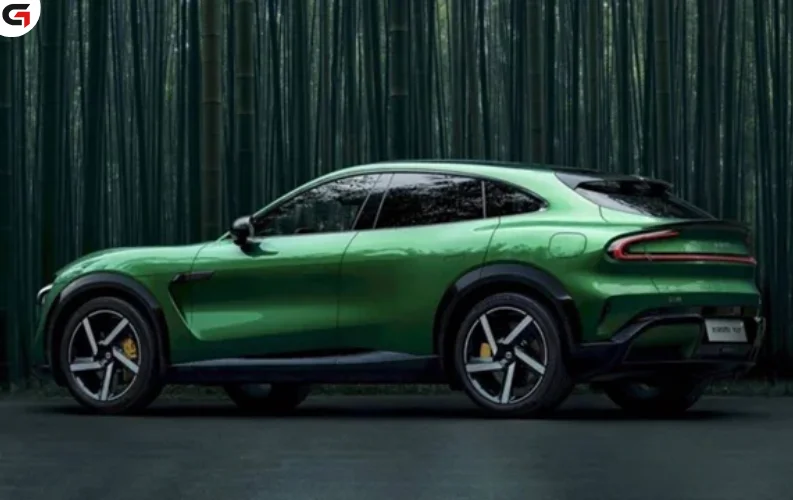Chinese tech giant Xiaomi marked a new milestone in its transformation into an automaker, receiving nearly 300,000 pre-orders within the first hour for its newly launched YU7 electric SUV. The overwhelming response was hailed by company founder and CEO Lei Jun as a “miracle” for the country’s automotive industry.
The announcement came during a high-profile launch event in Beijing on Thursday night, where Lei revealed Xiaomi’s bold ambition to challenge top-tier EV rivals like Tesla in the fast-growing Chinese market.
“My goodness, in just two minutes, we received 196,000 paid pre-orders and 128,000 lock-in orders,” Lei said in a post-launch video. “We may be witnessing a miracle in China's automotive industry.”
Record-Breaking Demand for the YU7
Xiaomi’s automotive division confirmed via its official Weibo account that 289,000 pre-orders had been placed for the five-seater YU7, which is priced from 253,500 yuan (approx. $35,000). The new SUV joins the company’s existing SU7 electric sedan, launched last year.
The YU7 model combines sleek design with intelligent driving features and a competitive price, positioning it as a direct competitor to Tesla’s Model Y and other mid-range electric SUVs.
Following the announcement, Xiaomi’s Hong Kong-listed shares surged as much as 8%, before closing at a new record high.
Xiaomi’s Ambition in EV Market
Originally known for its consumer electronics and smartphones, Xiaomi has rapidly expanded into the EV sector. Its entry reflects a broader national strategy to stimulate domestic demand and lead in high-tech manufacturing.
During this week’s World Economic Forum in Tianjin, Chinese Premier Li Qiang reiterated China’s commitment to becoming a “major consumption powerhouse,” with a focus on high-value sectors like electric vehicles.
The YU7 launch and its unprecedented reception underscore how EVs are being seen not just as transportation solutions but as part of a national economic transformation strategy.
Safety Concerns Still Linger
While Xiaomi’s EV rollout has impressed the market, it hasn’t been without controversy. In March 2025, a fatal crash involving its SU7 model, reportedly in assisted driving mode, claimed the lives of three students. The incident sparked debate about the maturity and safety of AI-powered driving systems in China.
Though the company has since reaffirmed its commitment to improving autonomous features, public confidence in self-driving tech remains cautious.
Still, the massive order volume for the YU7 signals strong trust in the Xiaomi brand and optimism around its automotive future.




















